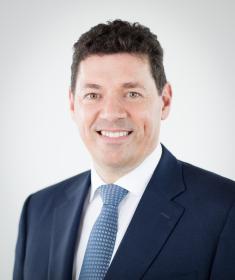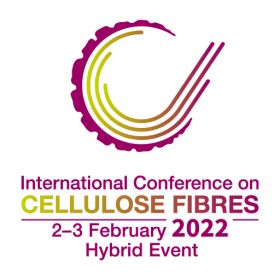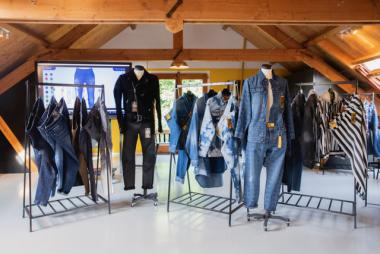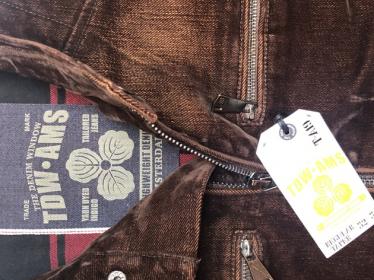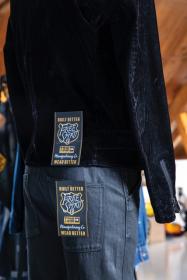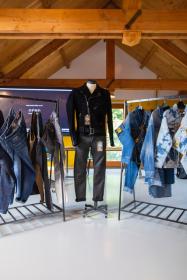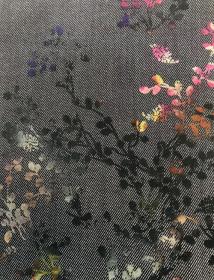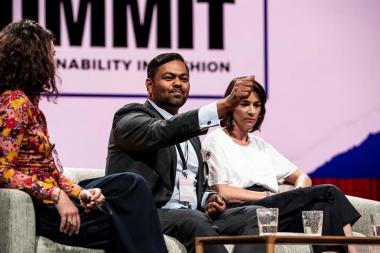Robert van de Kerkhof joins HeiQ’s Board of Directors
HeiQ announces the appointment of Robert van de Kerkhof as Non-Executive Director, with effect from 1 January 2024 to the board of HeiQ plc and as Chairman of the Environmental, Occupation, Health & Safety and Sustainability Committee. Robert will also be appointed to the board of HeiQ AeoniQ Holding AG (in Switzerland), a subsidiary of HeiQ plc.
Robert van de Kerkhof has over 30 years of experience in general management and sustainability leadership and extensive knowledge of the textiles industry, including cellulosic fiber technology. He founded PEPPER-i2, an advisory company specializing in sustainability and circularity. Robert also serves as the Chief Sustainability Officer and as a Board Member of Lenzing AG, a position he has held since 2014. Robert will be leaving Lenzing and its Board on the 31st. December 2023.
Robert joins HEIQ AeoniQ™ with the firm belief that the novel HEIQ AeoniQ™ man-made cellulosic fibers (MMCF) are one of the most promising solutions to transform the textile industry, now the second-most polluting in the world, into one of the most sustainable, by rendering fossil fuel-based fibers like polyester obsolete.
Robert has also held senior positions as President of the Austrian Fiber Institute, President and Board Member of CIRFS – the European Man-made Fibres Association, and Chairman of the ReHubs Business Council for Euratex, which is the voice of the European Apparel and Textile Industry.
HeiQ


